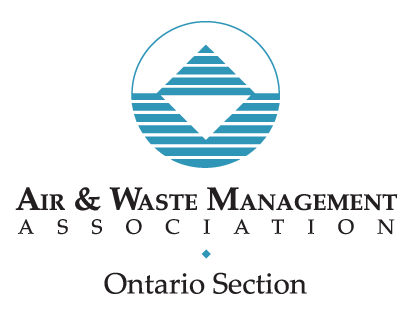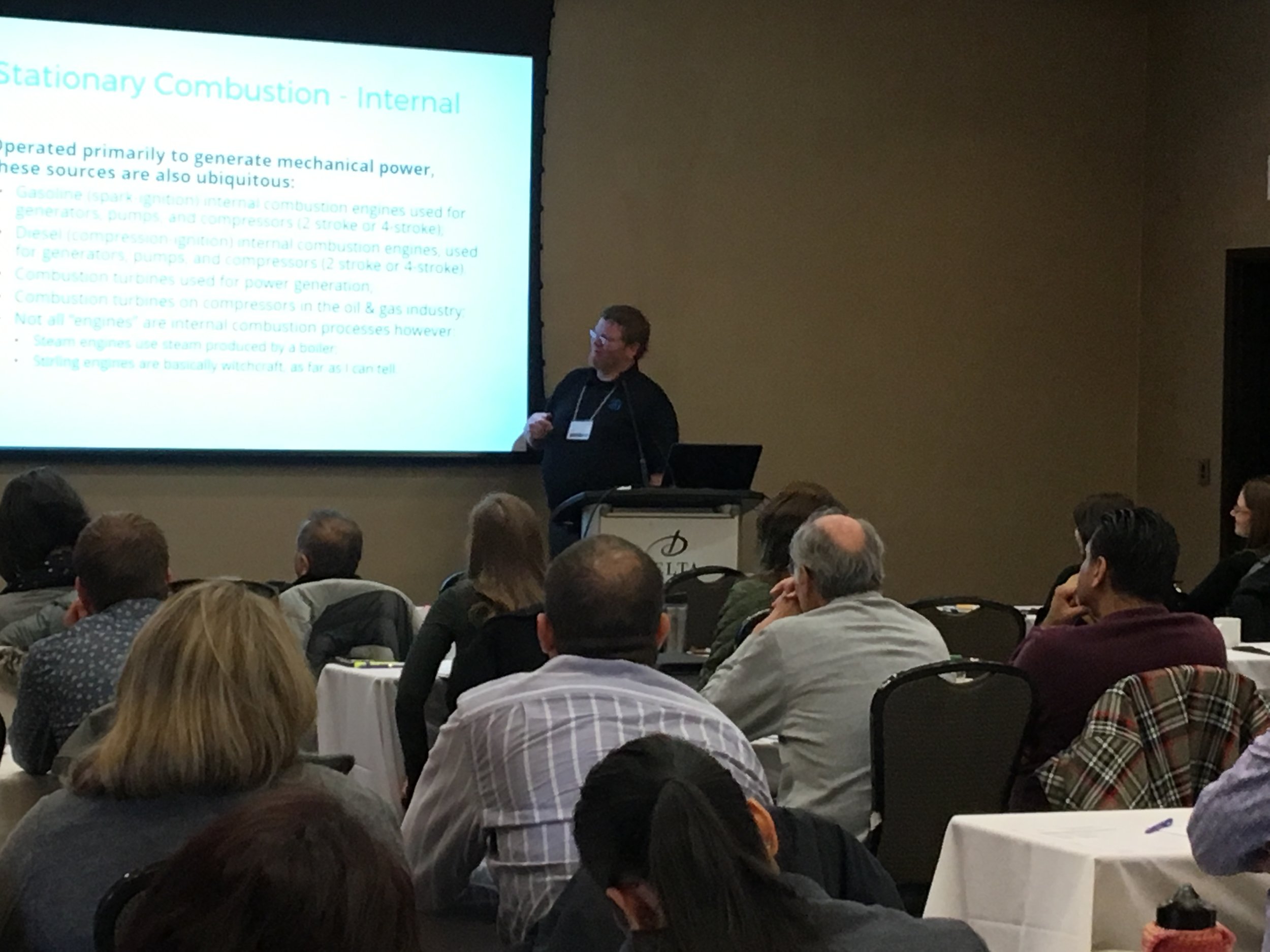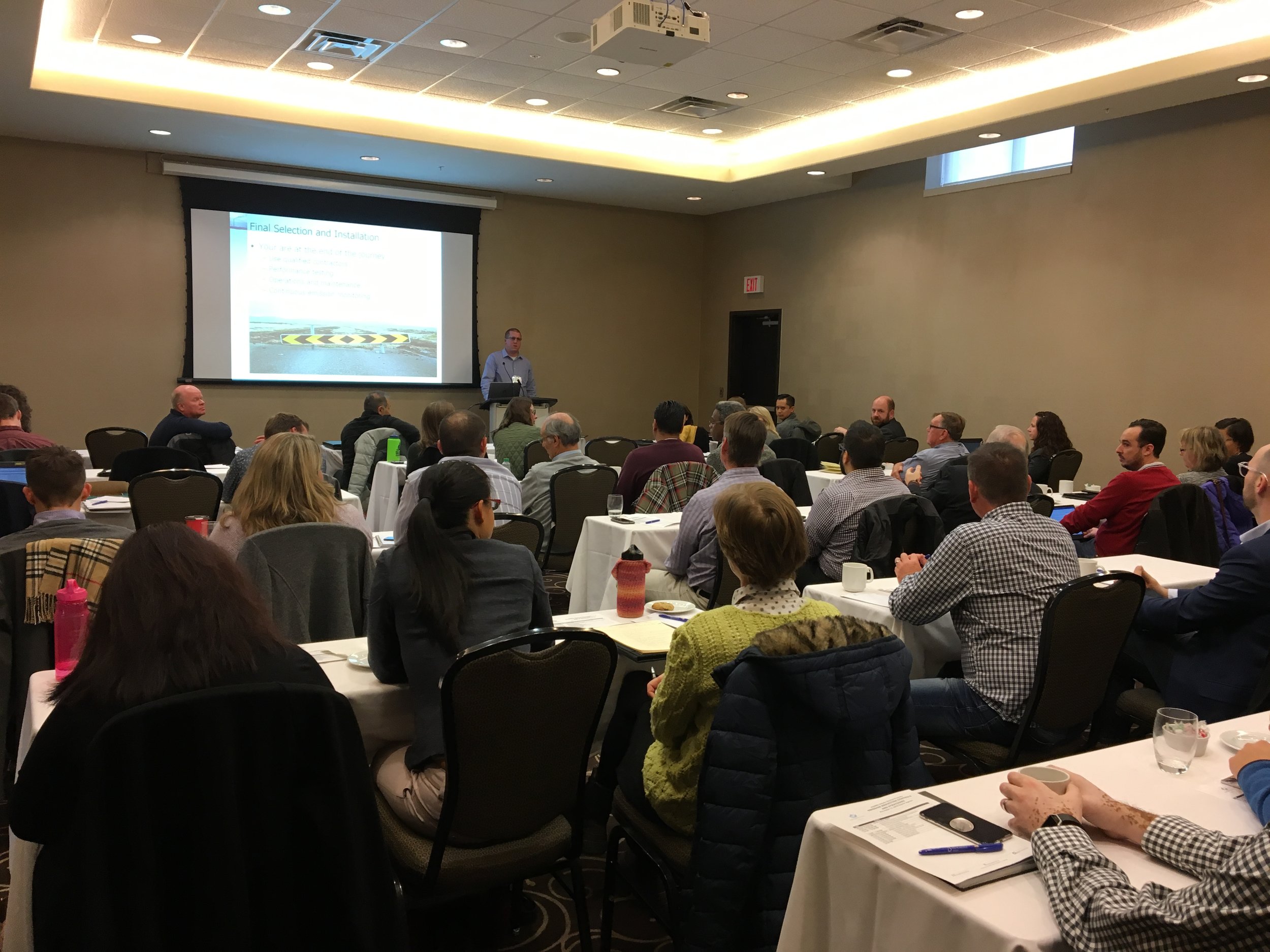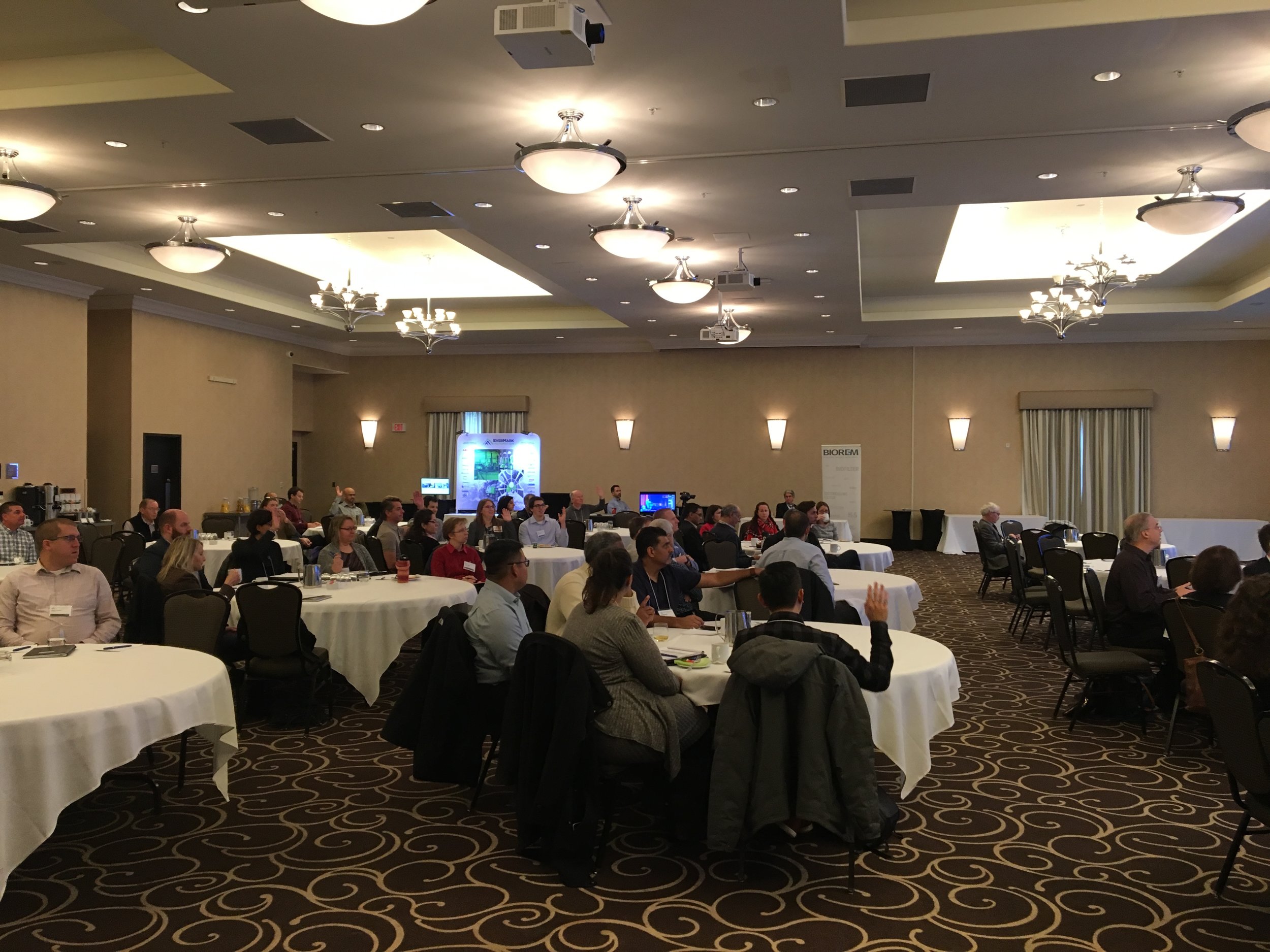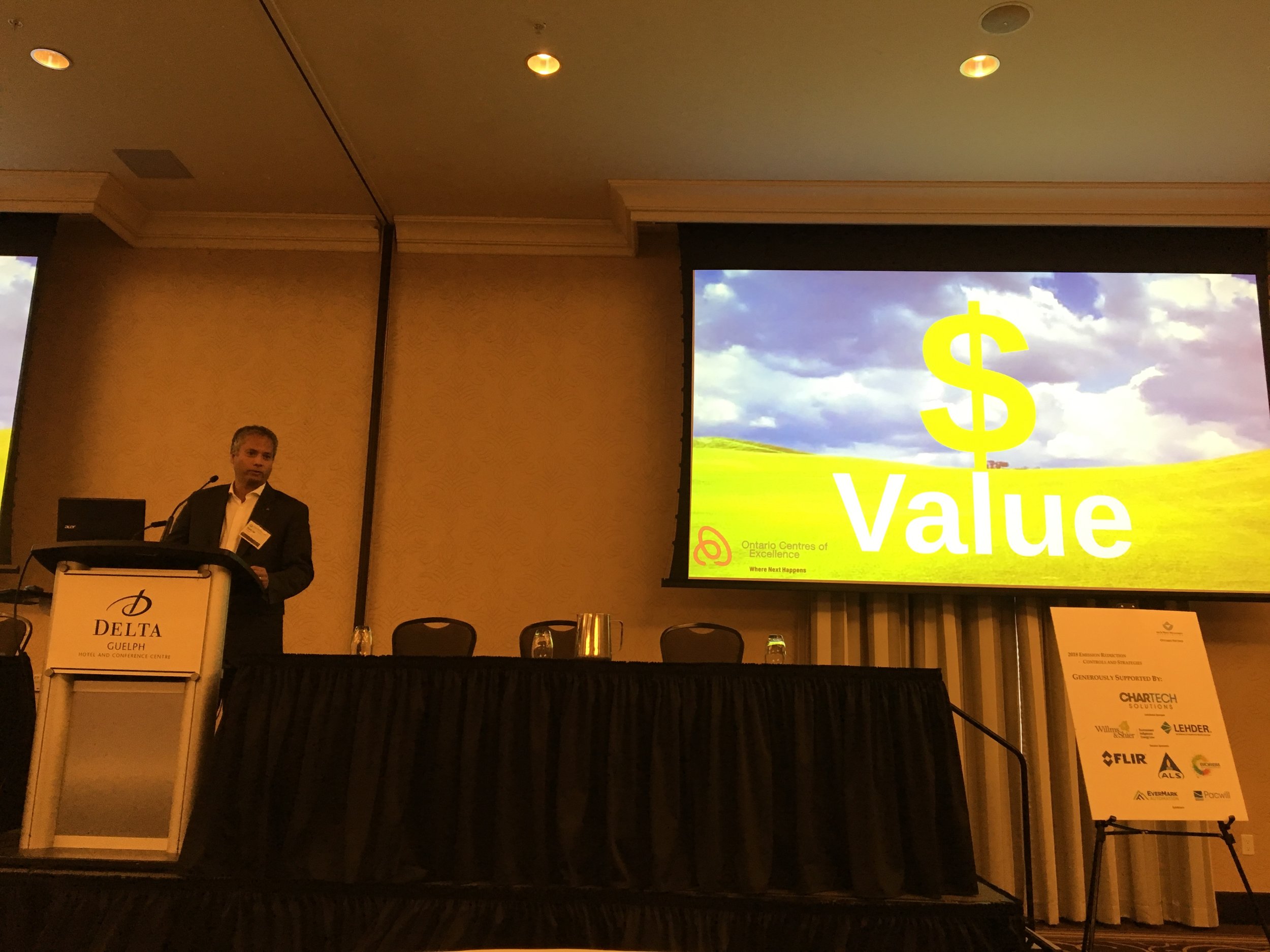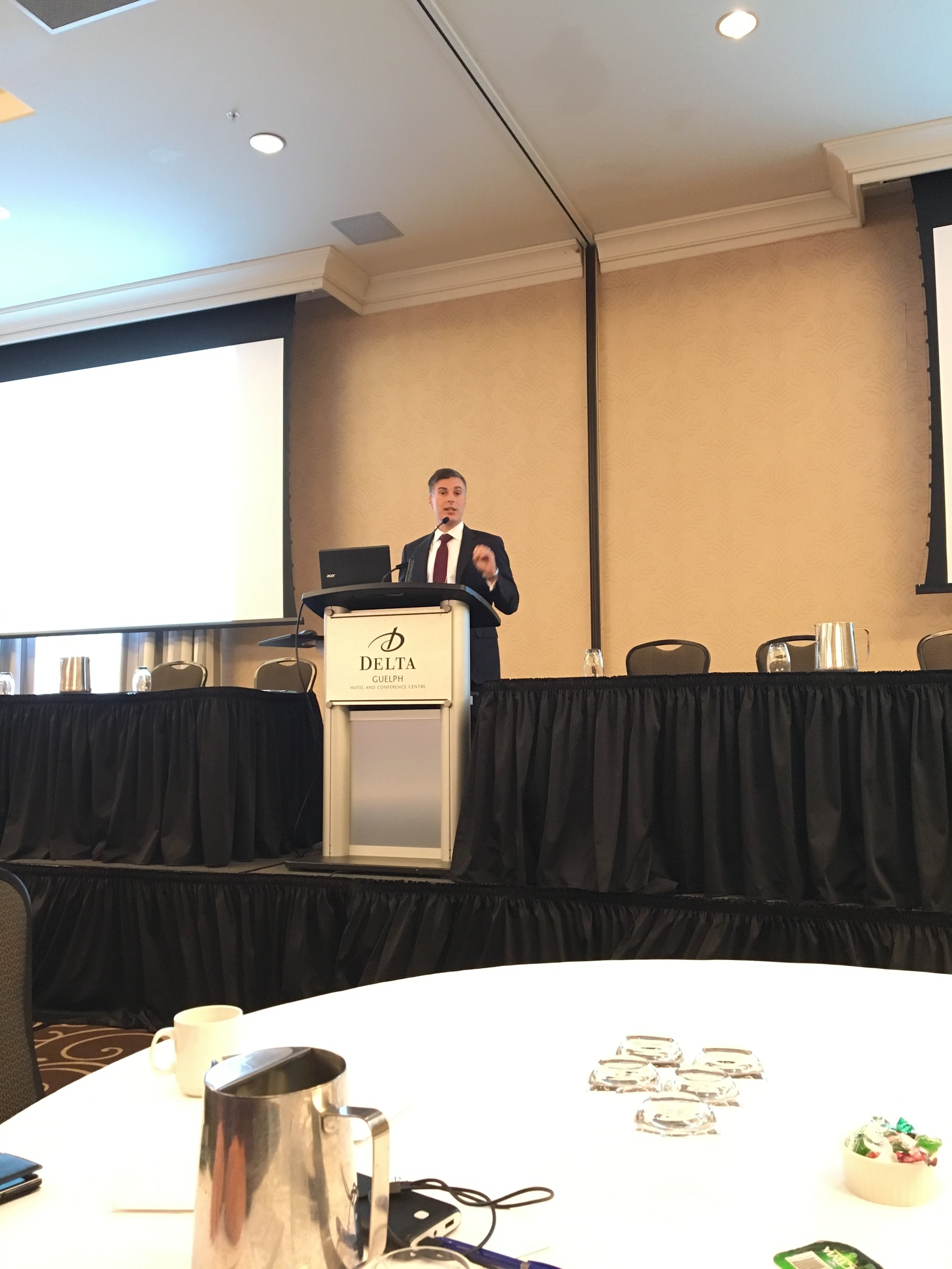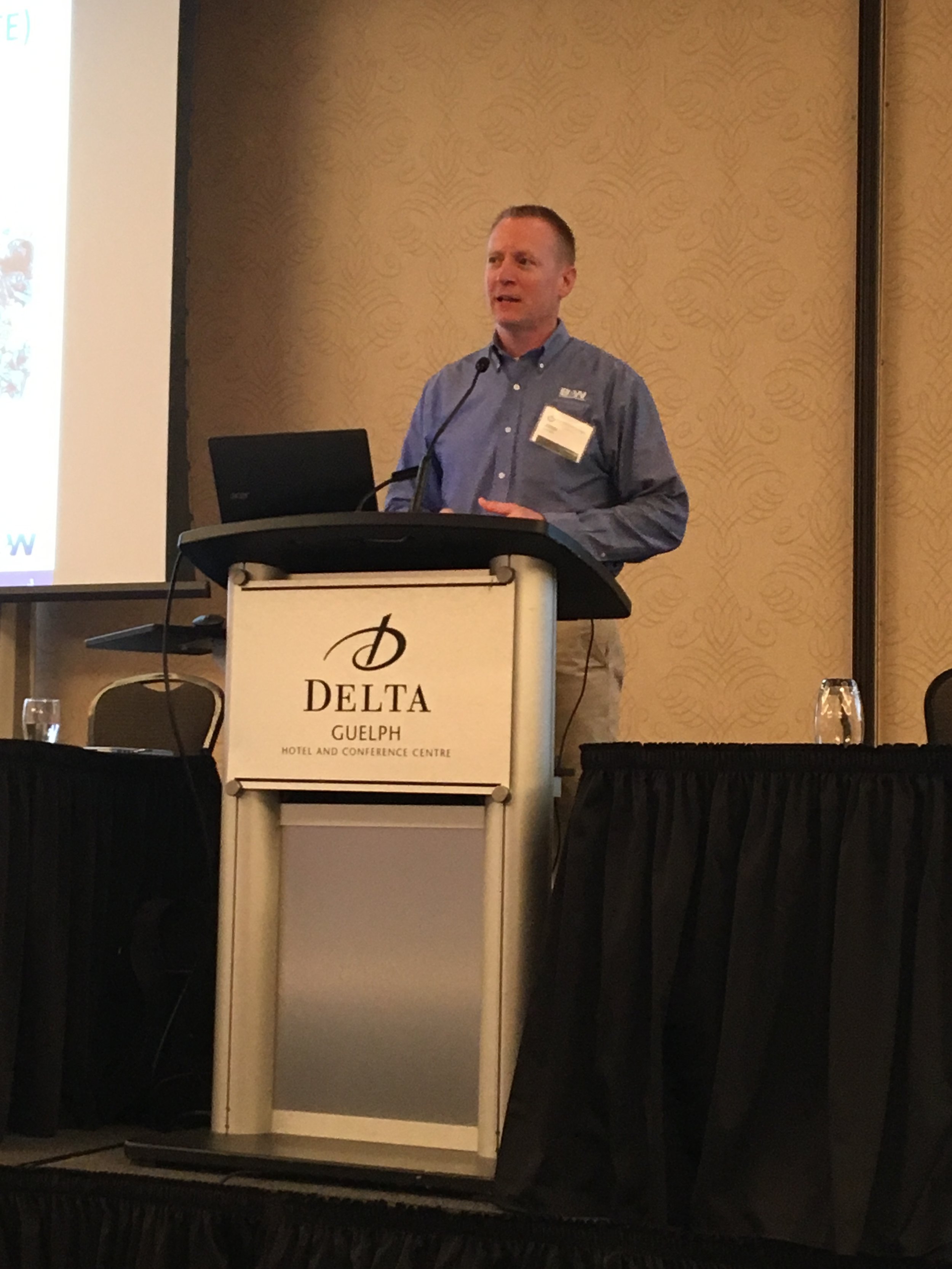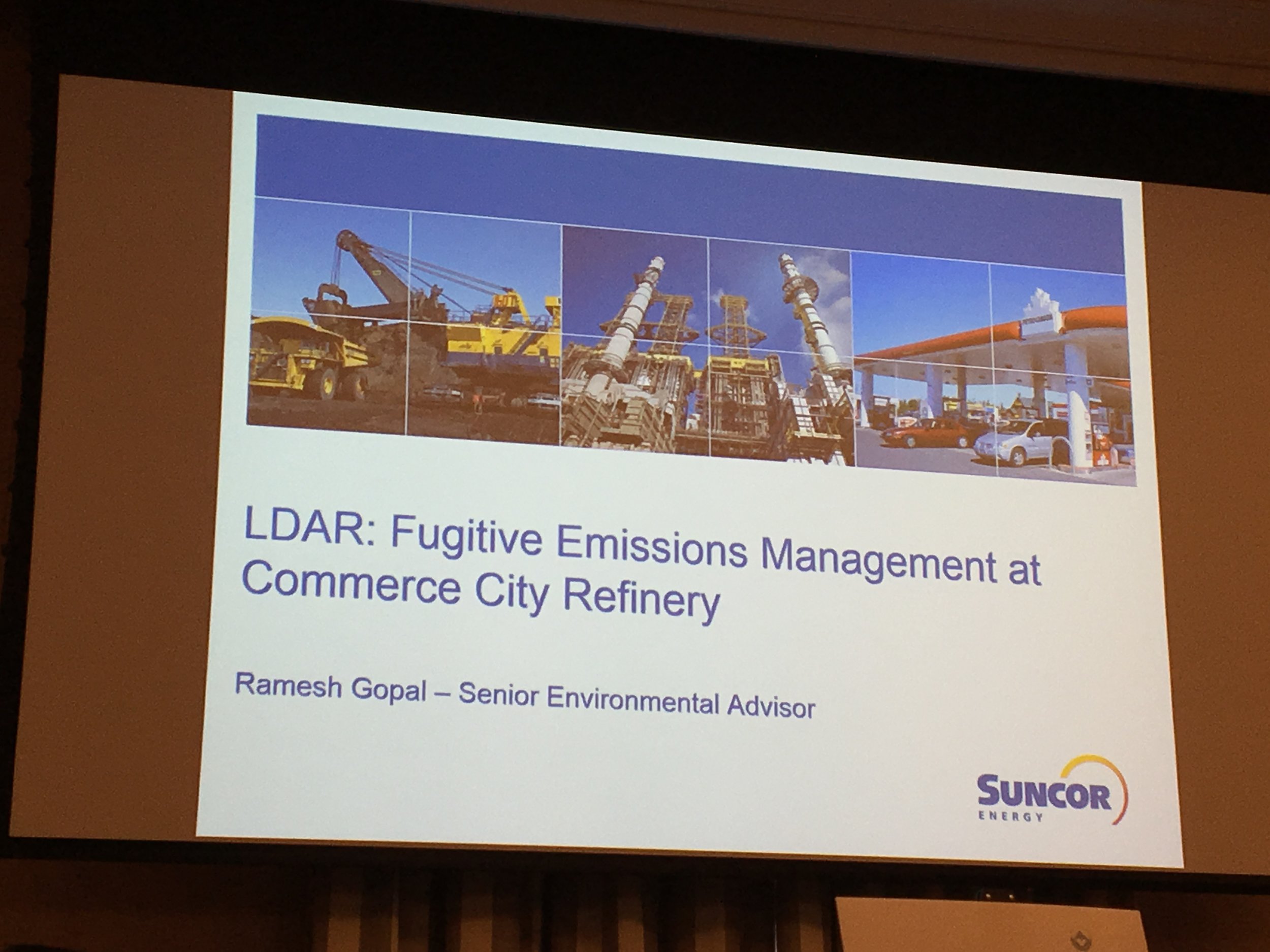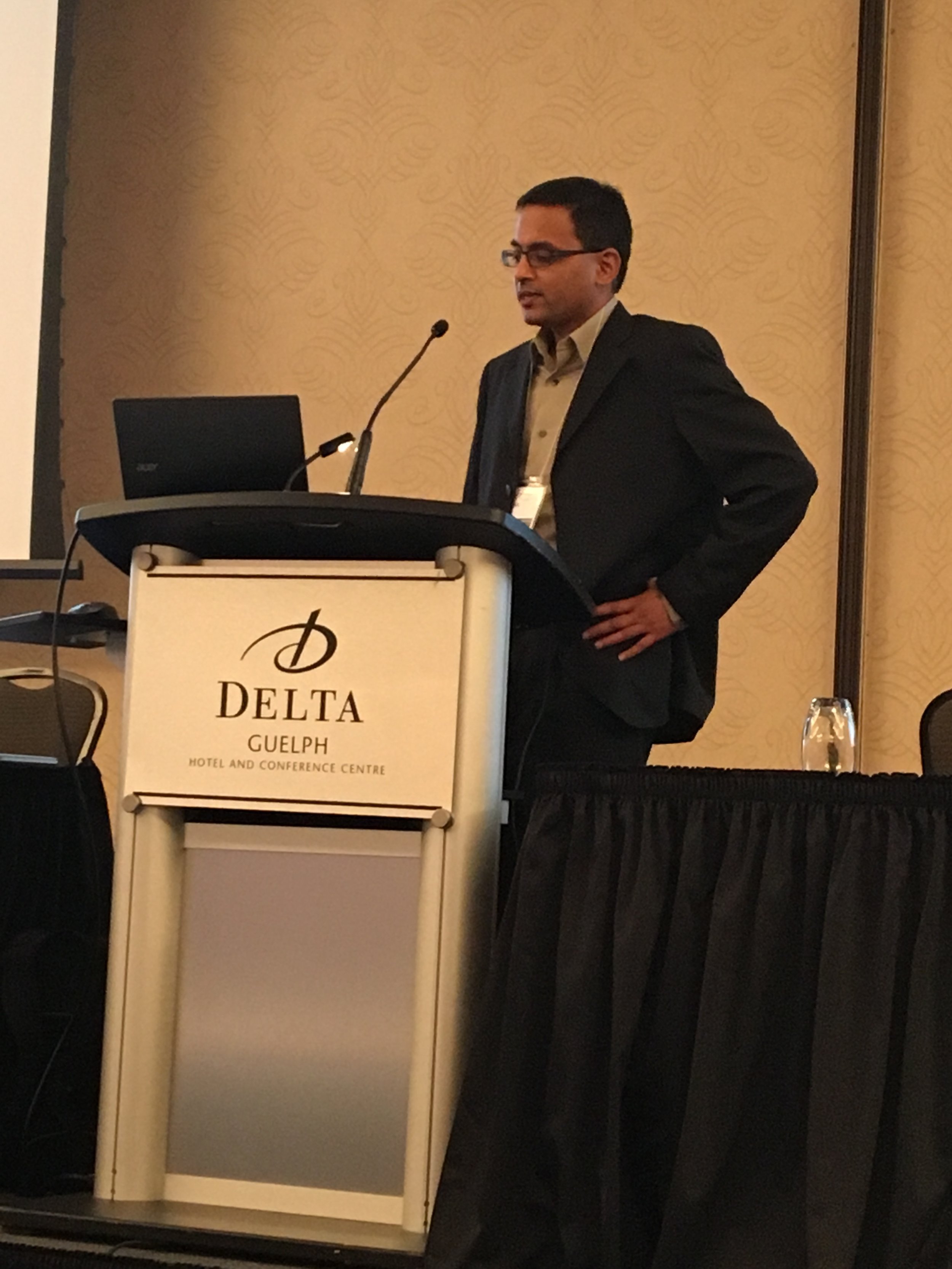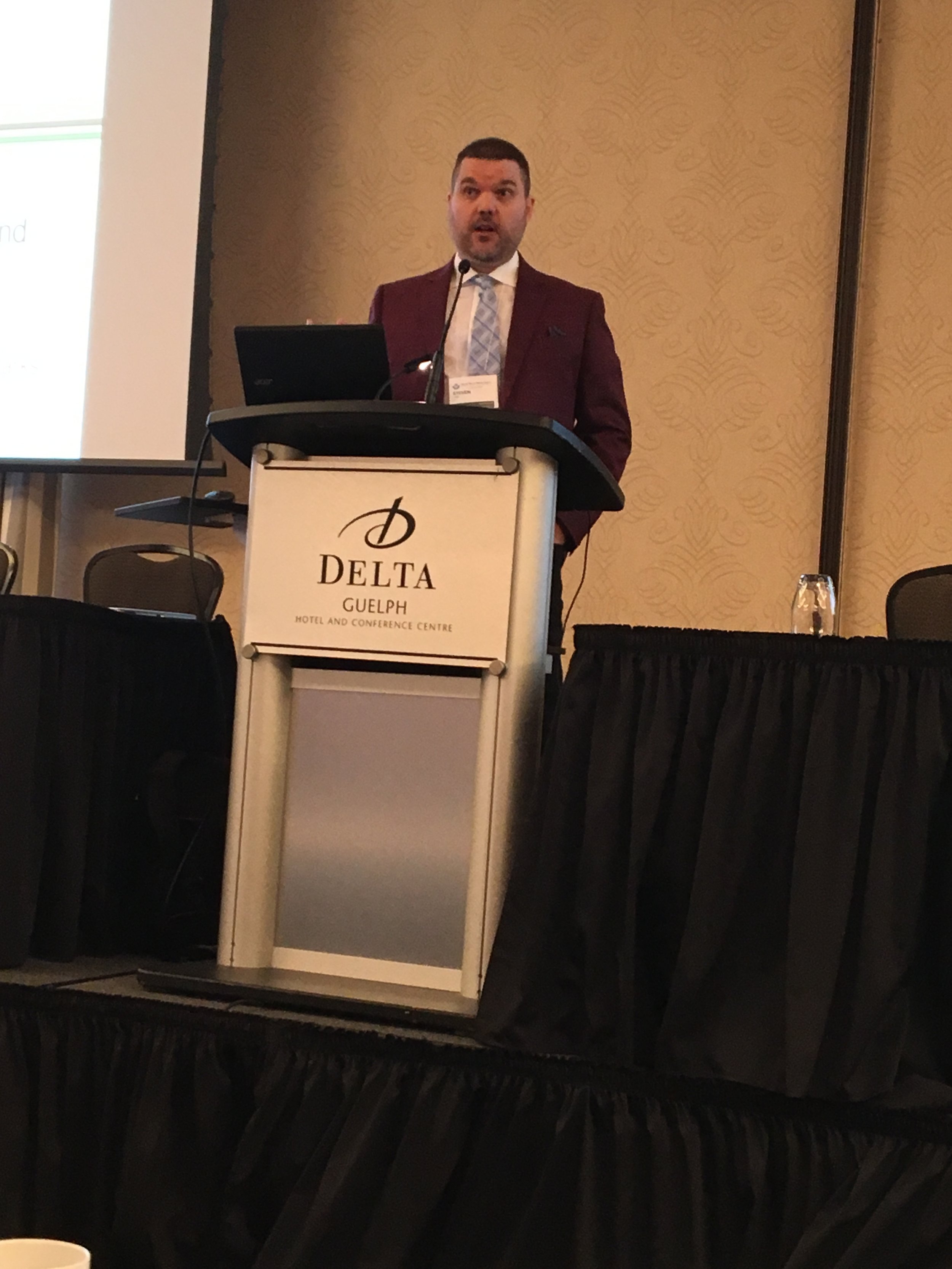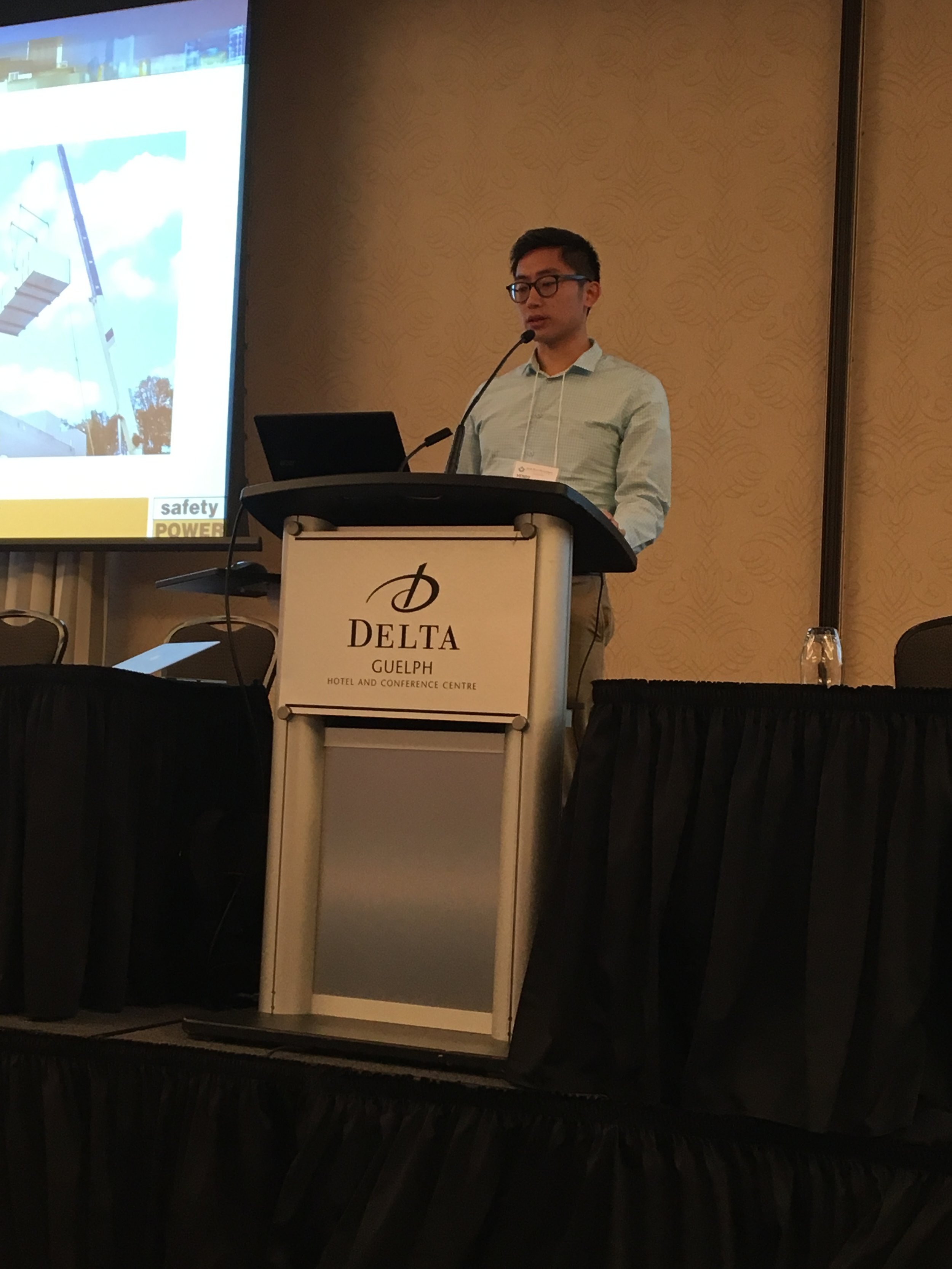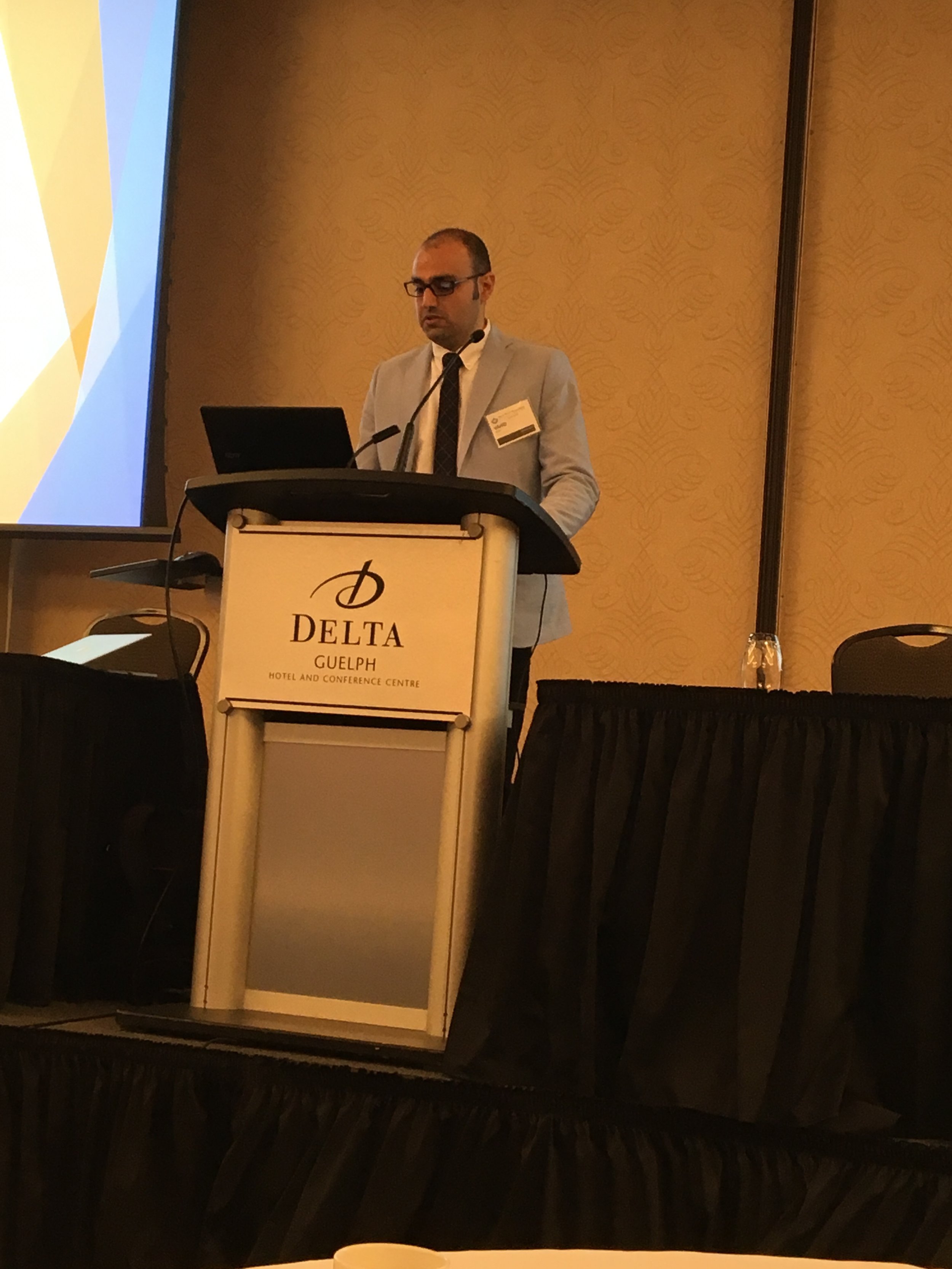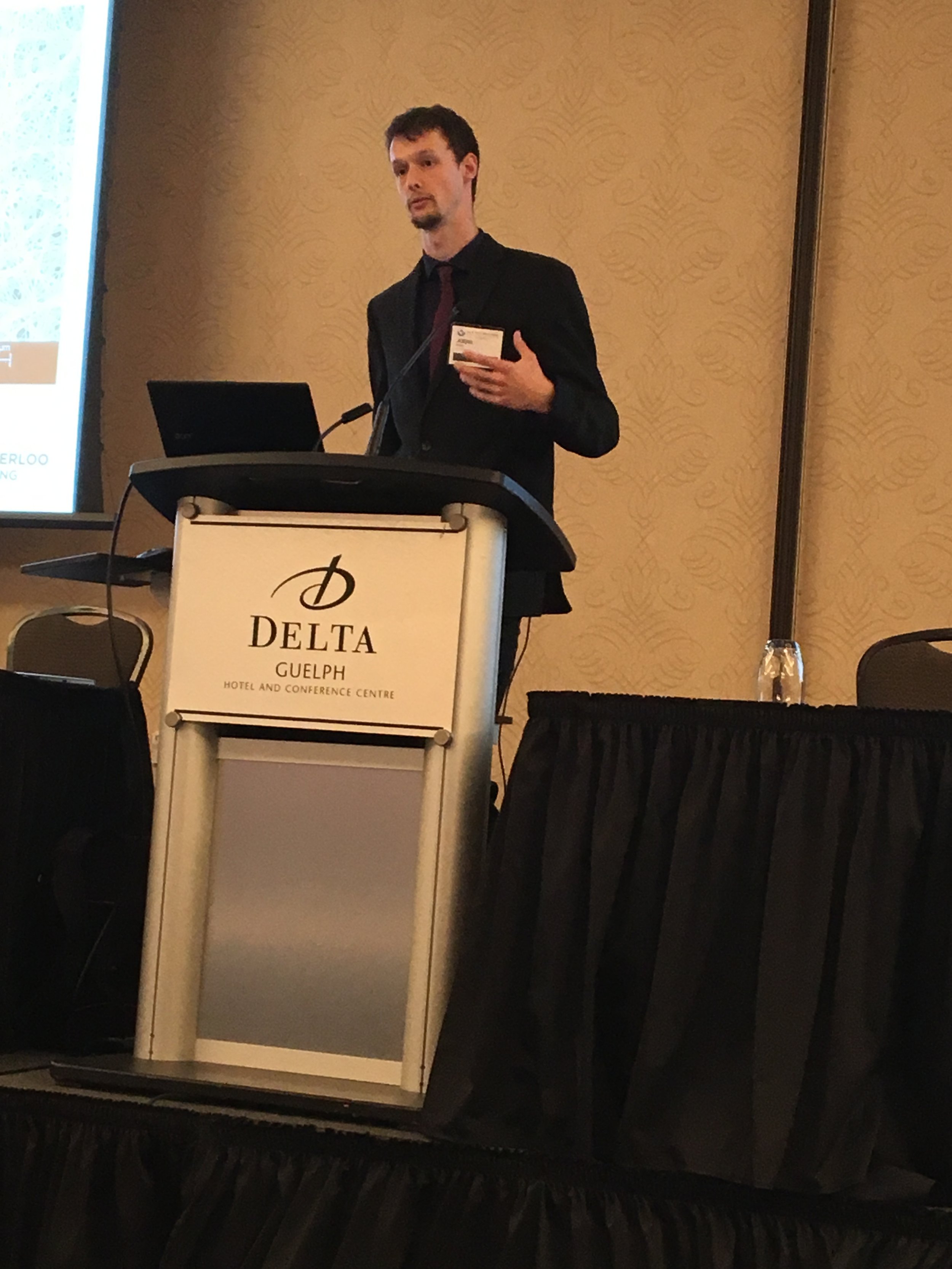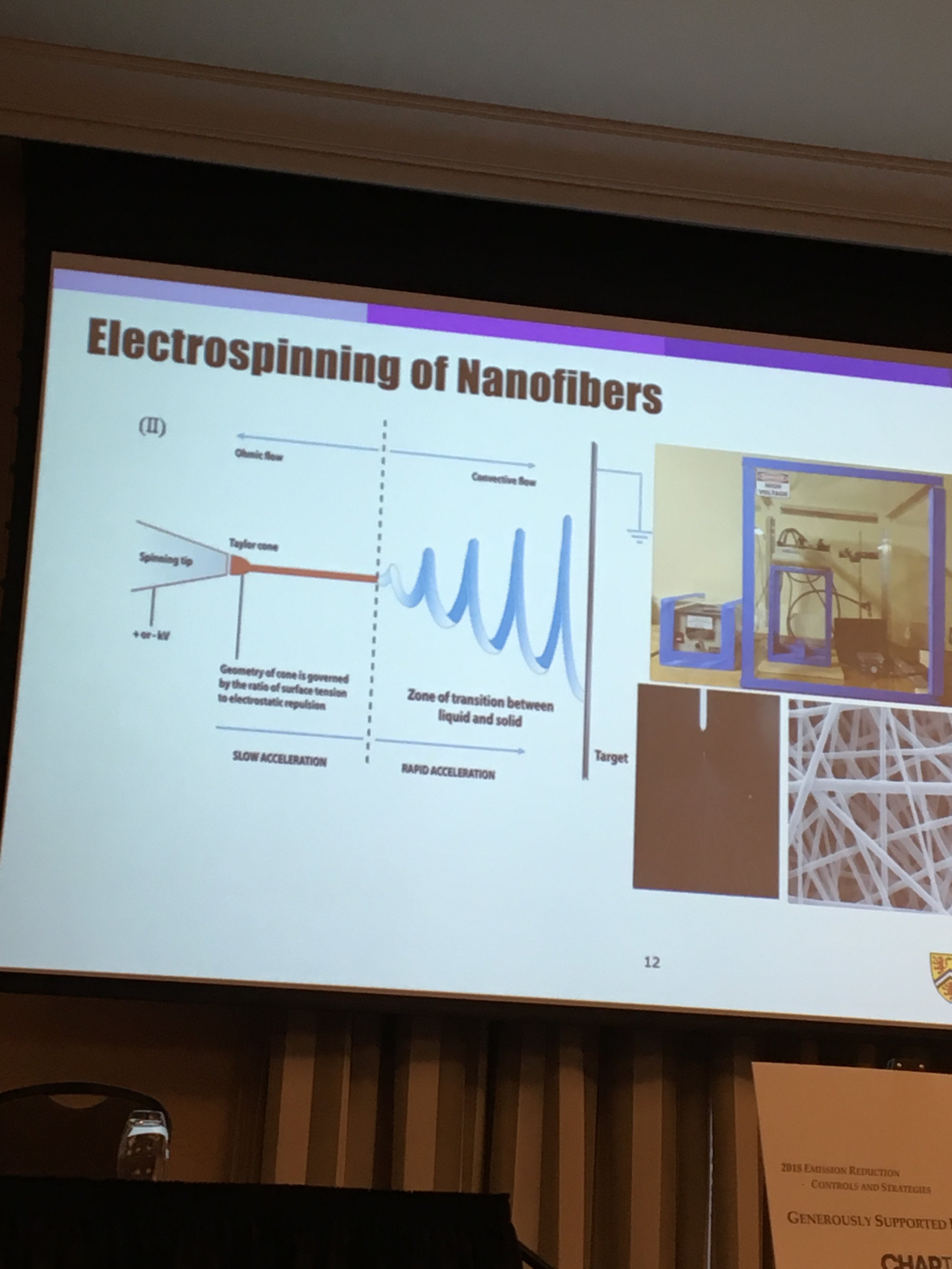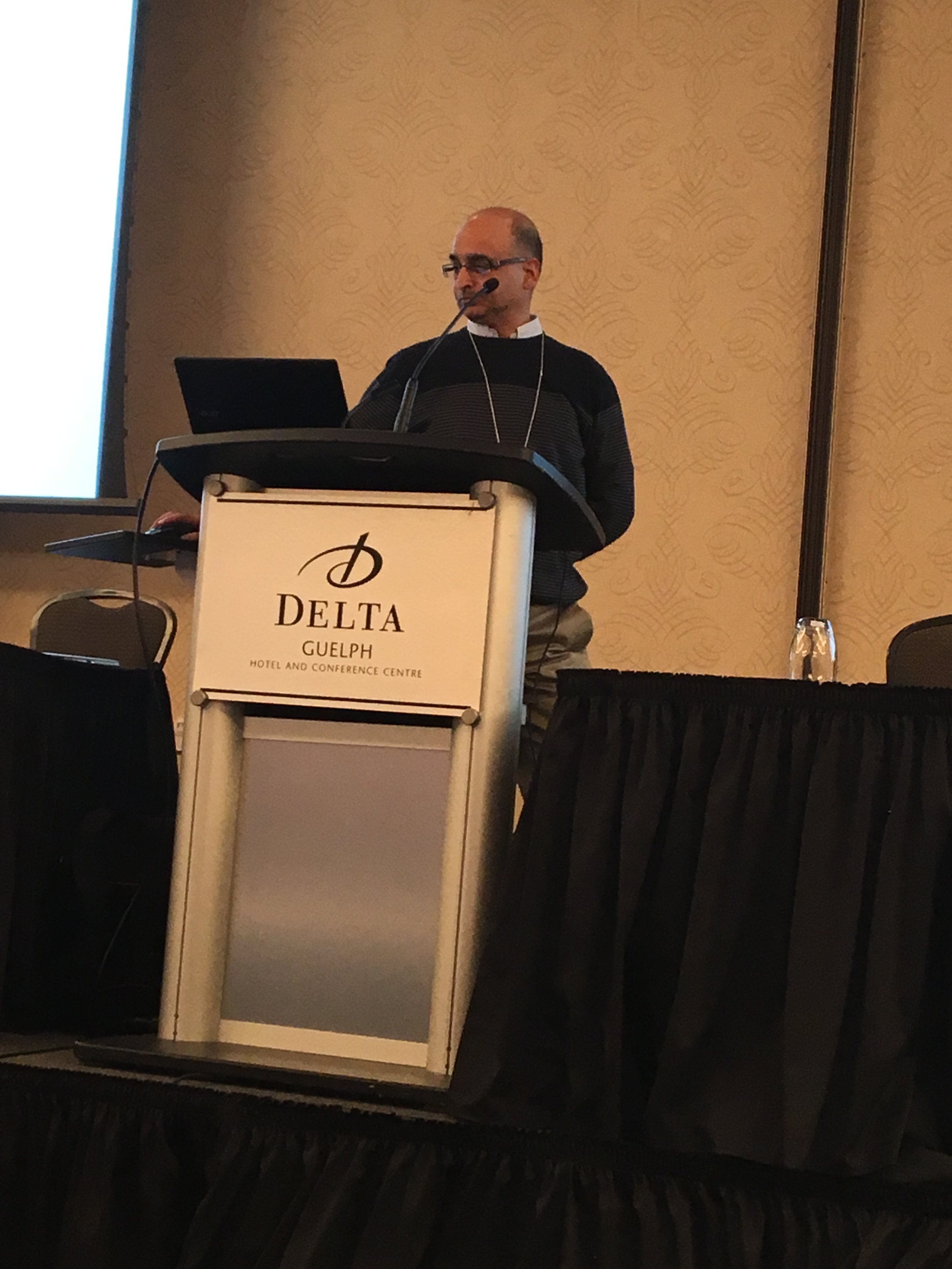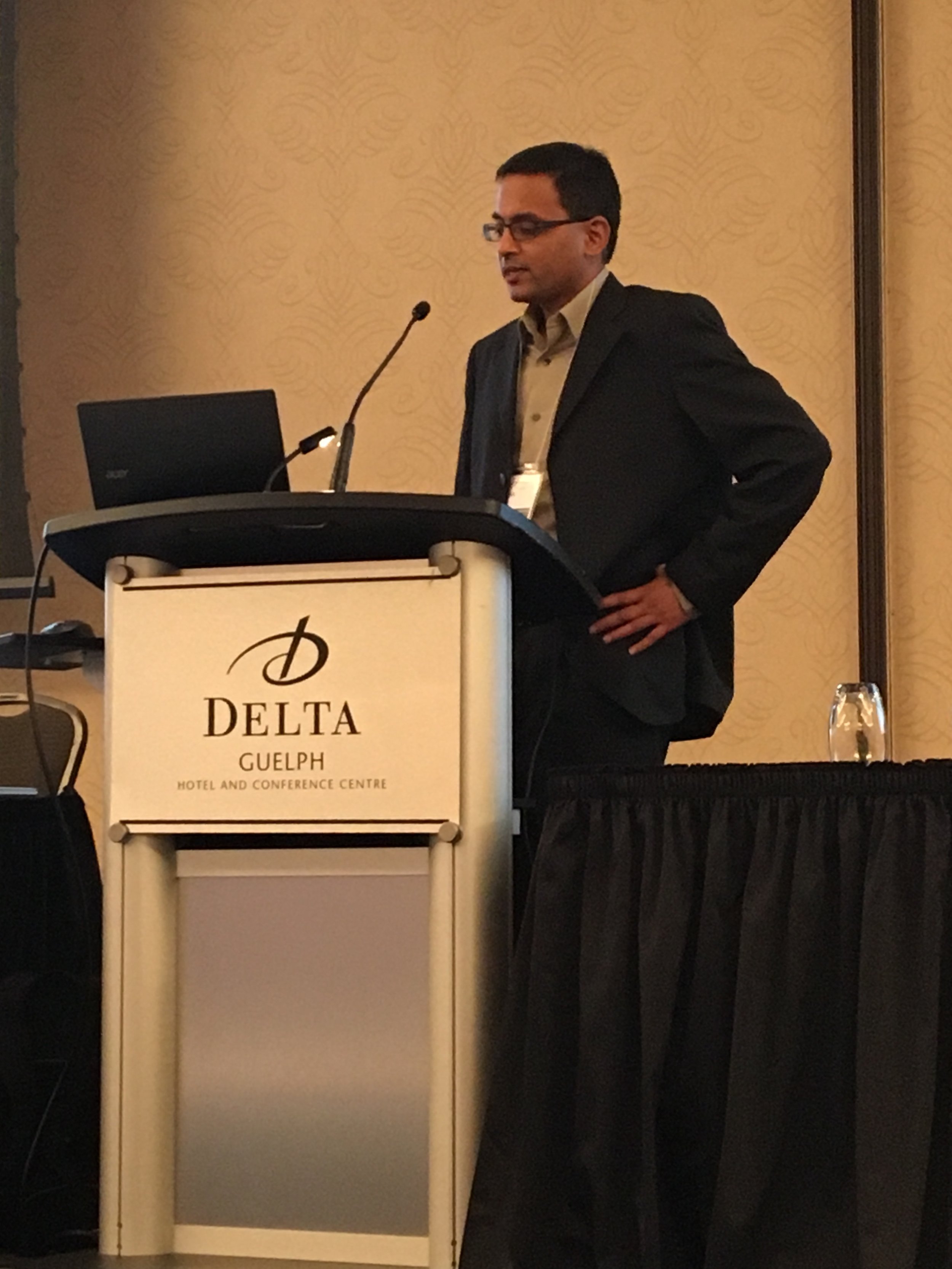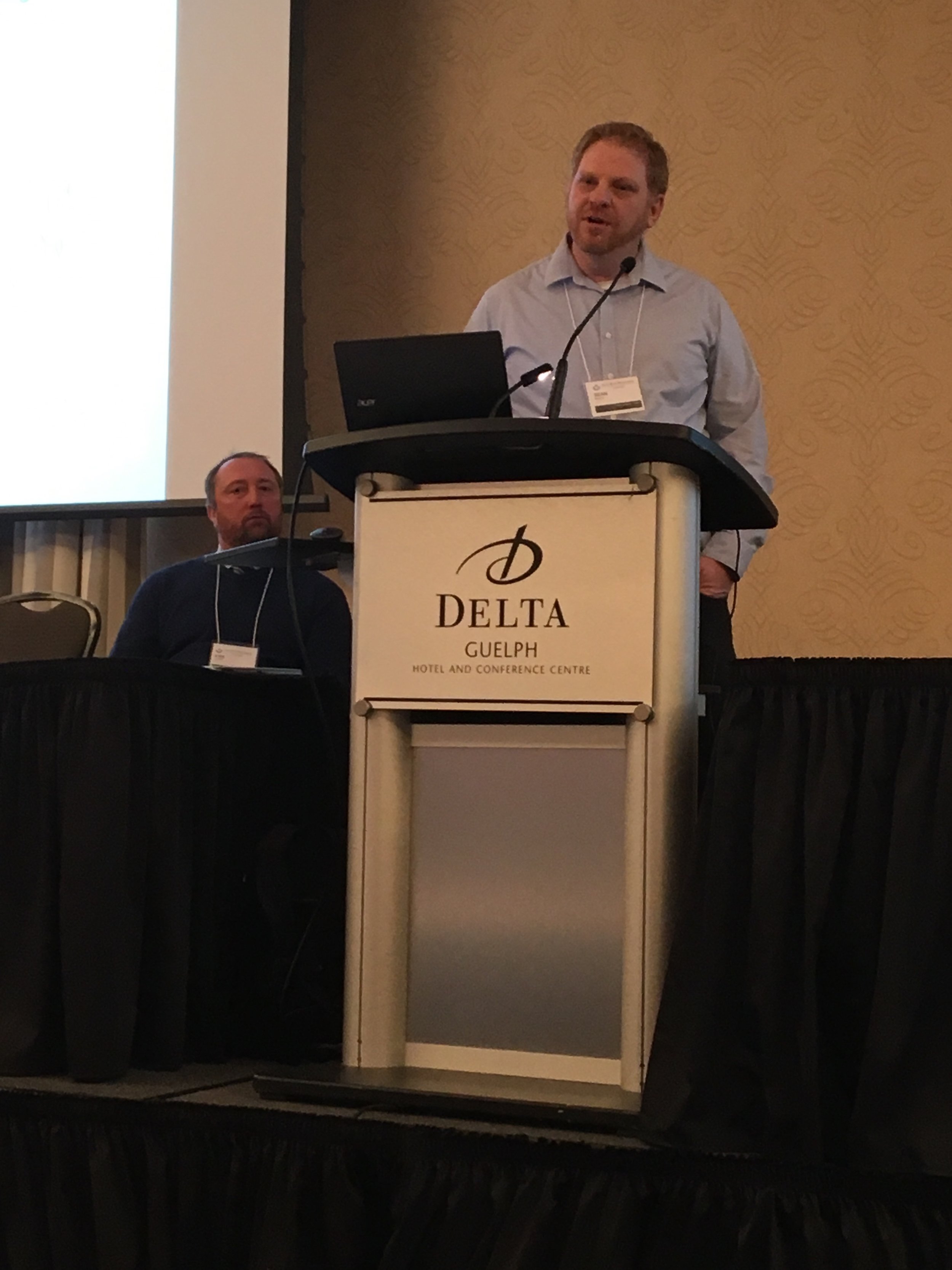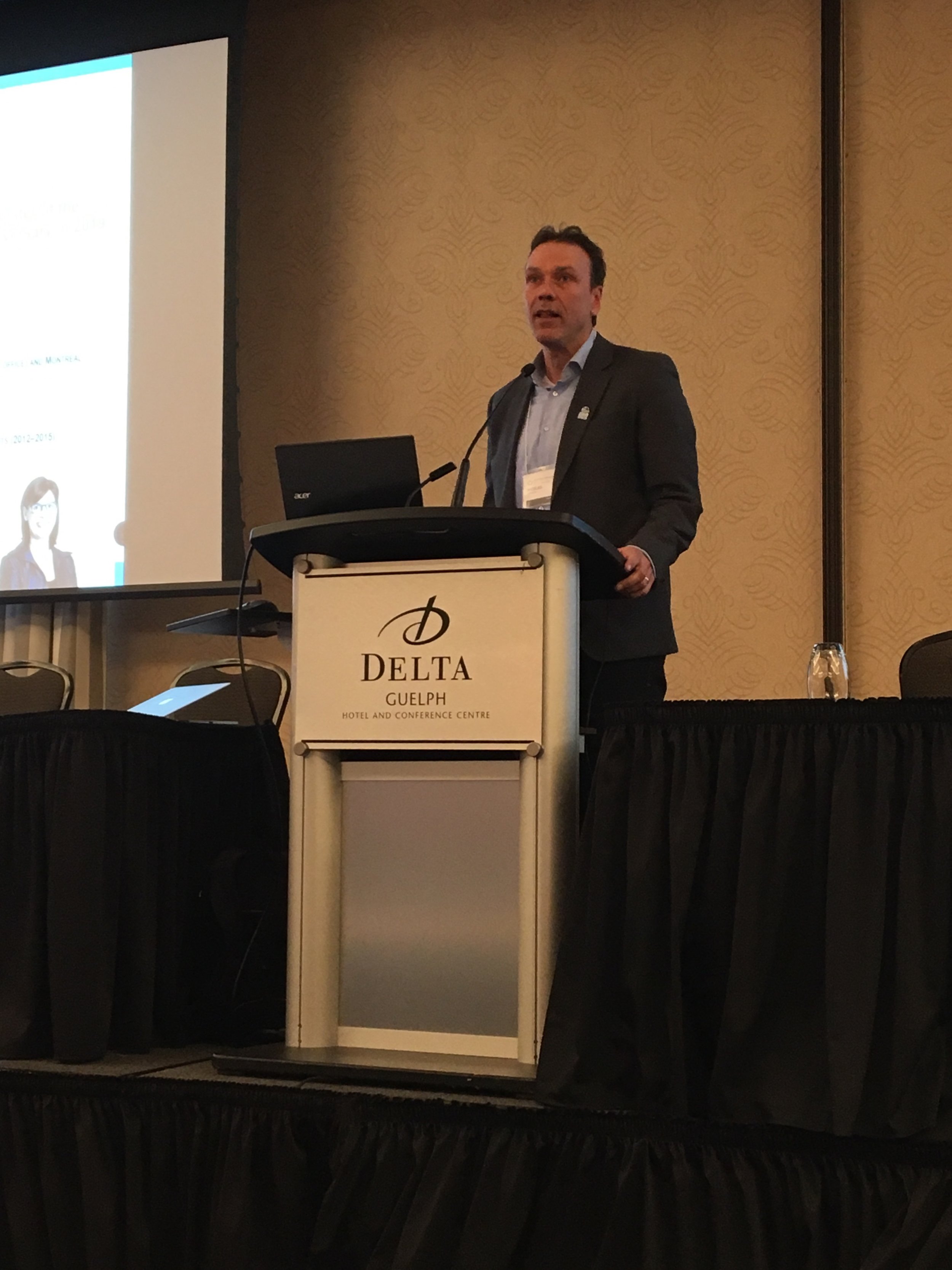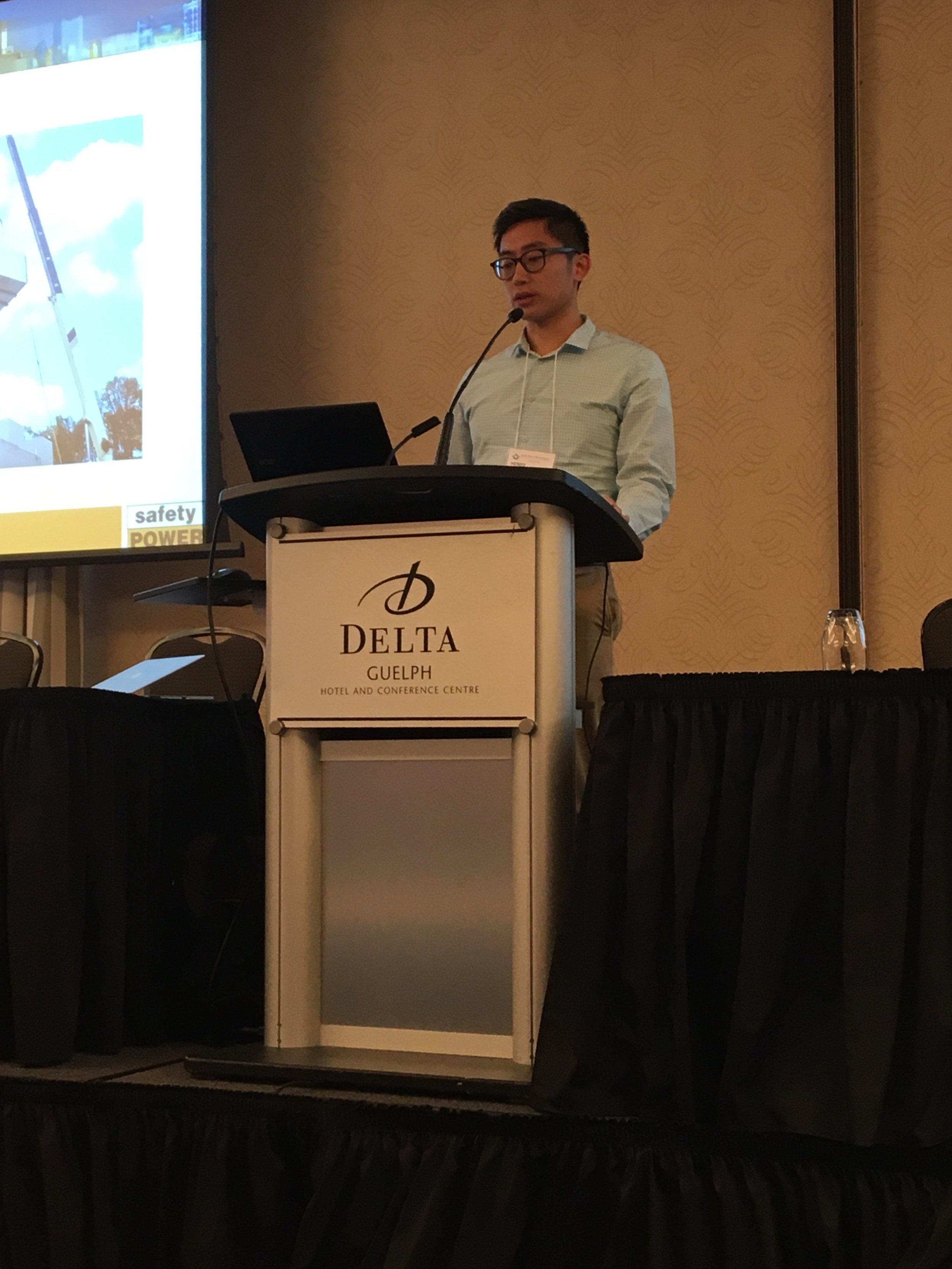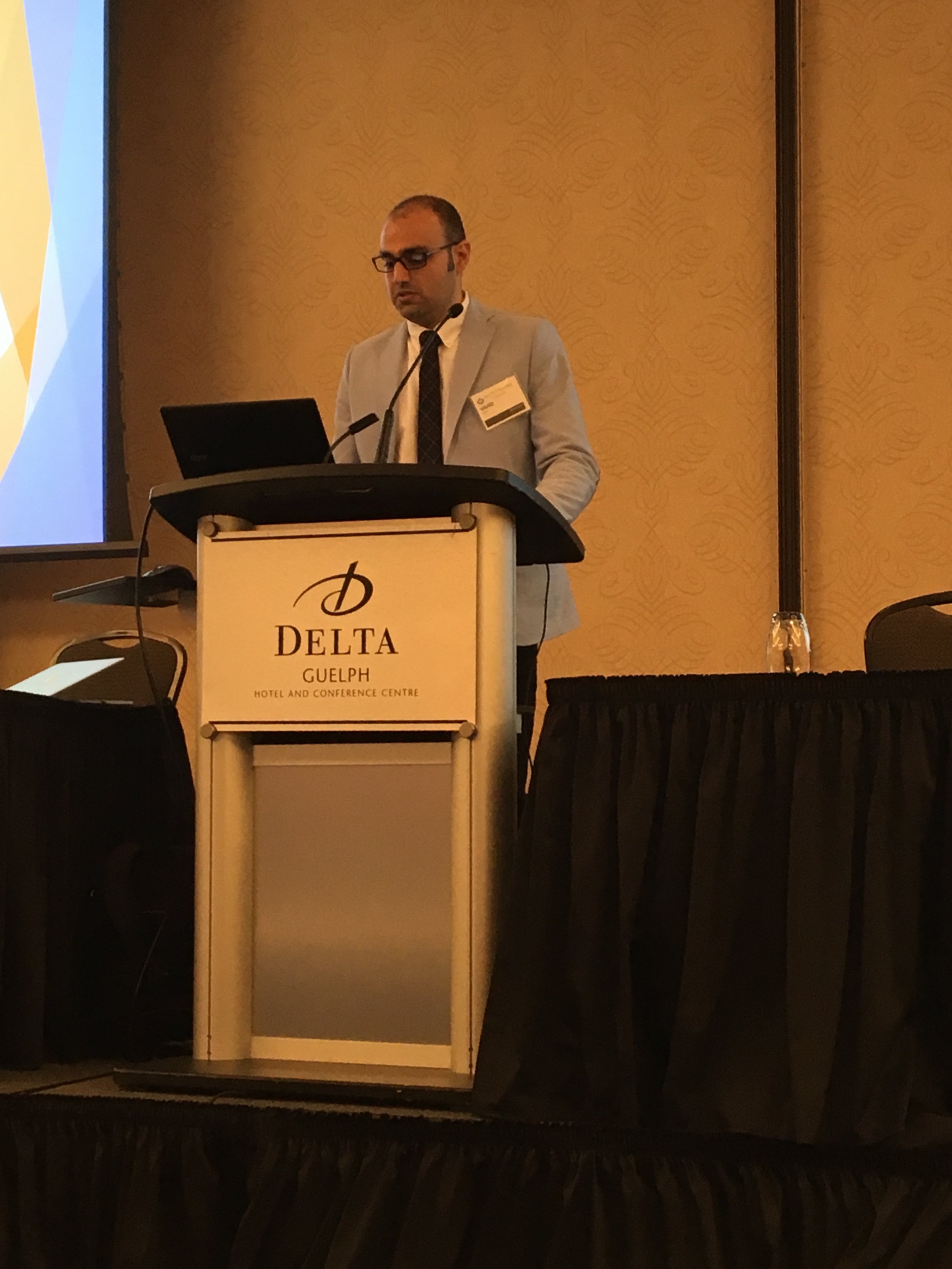2023 Decarbonization Workshop | The Practical Side to Achieving Net Zero – Challenges & Evolving Opportunities
/Click on the presentation title to view the content.
Session 1 – Commercial GHG Reductions and Decarbonization; Scott Grant, CSA Group – Session Chair
Financial Implications and Approaches to Decarbonization | Scott Manser, Ortech and Brendan Perusco, Efficiency Engineering
A review of the municipal and industrial Net Zero initiatives in Canada; the financial implications; challenges & opportunities; and ‘low hanging fruit’.
State of the Voluntary Carbon Markets 2023 – Market Size, Pricing and Trends | Christopher Hakes, VP – Corporate Climate Solutions, BMO Radicle
The objective of this presentation is to provide insight into the voluntary carbon markets including, origin and structure; market size; evolving challenges and opportunities; supply and demand and pricing trends.
Circular Economy Principles and Whole-Life Carbon Impacts in Canada’s Commercial Real Estate Sector | Adriana Shu Yin Canadian Standards Association (CSA Group); and Ryan Zizzo Mantle Developments (presentation coming soon)
This session will explore the application and benefits of circular economy principles and whole-building life cycle assessments (wbLCAs) as a low-carbon solution to Canada's real estate and construction sectors through the establishment of standards.
The Policy Landscape for Large Buildings in Massachusetts: Challenges & Opportunities | Yve Torrie, A Better City – Boston
In large cities such as Boston and Toronto, buildings are responsible for between 55 and 70% of total GHG emissions. Data from Boston in 2019 suggests that about half of these emissions are from commercial, industrial and large residential buildings.
This presentation is about how A Better City* is working with the City of Boston, other municipalities and the State of Massachusetts on decarbonization policies that affect large buildings.
*A Better City represents a multi-sector group of 130 business leaders united around a common goal: to enhance the Greater Boston region’s economic health, competitiveness, equitable growth, sustainability, and quality of life for all communities.
Managing Surplus Chains to Facilitate the Circular Economy | Norm Ruttan, iWastenot Systems
Most people are aware of supply chains and the critical role they play in providing us with the goods and services we all need. Less well known and less well developed are the ‘surplus chains’ that we use to deal with the surplus and used products of these supply chains.
We will never be able to decarbonize and reduce GHG emissions without better tools and mechanisms to recirculate surplus and waste materials back into the economy.
Intro from Joanna Vince, Willms & Shier Environmental Lawyers LLP to Luncheon Speaker: Larry Grant, Owens Corning
How can you learn how to track their own personal energy usage and the carbon footprint it leaves? This talk focuses on our family’s journey to understand and quantify actual home energy usage from 2003 to 2023, and some practical steps we took to reduce our home energy usage by focusing on improving our building envelope. I’ll share the methods we developed to track our energy usage as we learned how to reduce our own carbon footprint.
Session 2 – Energy/Industrial GHG Reductions and Decarbonization: Brian Sulley, RWDI, Session Chair
Technology Pathways to Achieving Net Zero in Steelmaking | Graeme Scott, ArcelorMittal Dofasco
ArcelorMittal has set an ambitious commitment to being net-zero by 2050. This presentation will review both the short-term and long-term technology pathways that will play a critical role in this massive transformation with a focus on ArcelorMittal Dofasco and the landscape here in Ontario.
Replacing Fossil Coal with BioCoal; GHG Reduction in Action | Andrew White, CHAR Technologies
CHAR Technologies Ltd. Is a leading Ontario-based cleantech development and environmental services company, utilizing its breakthrough high temperature pyrolysis (HTP) technology to convert low-value solid waste streams into renewable energy and valuable biocarbon output. This presentation focuses on the successful joint piloting of biocoal use in the blast furnaces of ArcelorMittal Dofasco’s Hamilton facility.
Simplified LCA study of biofuel and transportation pathways for heavy industries in Ontario | Maryam Arefmanesh, AFRY Consulting
As one of the first steps to explore possibilities to decarbonize the heavy industries in Ontario, AFRY* conducted a simplified LCA case study to assess and compare the environmental performance of 2 fossil fuels (HFO, coal) and 3 biofuels (biochar, woodchips, and pyrolysis oil) from cradle to grave. The results of the study will accelerate the adoption of novel technologies and business models that can advance sustainable economic development within the forest products sector of Ontario. This can help heavy industries find ways to reduce their carbon footprint.
*AFRY is a global engineering, design , and advisory company with over 19, 000 experts serving clients in more than 100 countries across the globe.
Addressing Complex CCUS Issues Using NRCan’s New Assessment Framework | Robert Symonds, Natural Resources Canada
The management of carbon dioxide (CO2) emissions through Carbon Capture, Utilization, and Storage (CCUS) is critical in meeting net-zero emission targets. However, developing a strategy to implement CCUS in Canada cost-effectively is highly complex, given the diversity of emitting processes (flow and composition) and their location, CCUS technology approach and TRL, storage sites location and capacity, and current and future energy/emissions/economy conditions. The National CCUS Assessment Framework, led by NRCan, is consider all these aspects in a single decision support platform.
Toward a Net Zero Industrial Strategy | Vincent Caron, Director – Policy & Ontario Government Relations, Canadian Manufacturers & Exporters (CME)
In 2022, CME published Canada’s Net Zero Industrial Strategy, a proposed roadmap to meet the climate imperative while keeping our industrial sector competitive.
Since then, the US has implemented its own industrial strategy in the form on the Inflation Reduction Act, the CHIPS and Science Act, among other actions. Ontario and Canada have mounted a response, but how does it measure in the face of ambitious carbon reduction objectives and tremendous competitive pressures?
Decarbonization in the Cement & Concrete Industry | Abdurahman Lofty, Senior Manager, Lafarge Canada (presentation not available)
A review of Lafarge strategic action plan to lead change and innovation in the cement and concrete industry in the journey to Net Zero; the approach, financial implications; challenges & opportunities.
Climate Change Mitigation through Clean Energy and Circular Economy Actions | Chih Chao, Cantech (presentation not available)
This paper will review the trend of climate change, its detrimental impact on the planet, and actions needed to mitigate its cause, that is, greenhouse gas emissions. It will further discuss the need for decarbonization, to curtail the global temperature rise. Means of decarbonization through clean energy and circular economy actions will be presented. Its approach, methodology and implications will be examined with regard to greenhouse gas reductions and economic gains.
Case studies, including those of high emissions industries and clean energy technologies, will be reviewed with the intention of illustrating a sound decarbonization plan taking a balanced and overall life-cycle approach.
